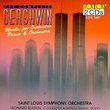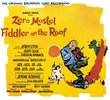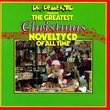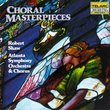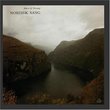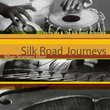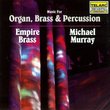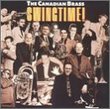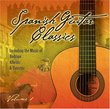| All Artists: John Rutter, Stephen Cleobury, City of Birmingham Symphony Orchestra, Tom Winpenney, Ashley Grote Title: Rutter: Gloria Members Wishing: 0 Total Copies: 1 Label: EMI Classics Release Date: 4/12/2005 Genre: Classical Styles: Opera & Classical Vocal, Symphonies Number of Discs: 1 SwapaCD Credits: 1 UPC: 724355795229 |
Search - John Rutter, Stephen Cleobury, City of Birmingham Symphony Orchestra :: Rutter: Gloria
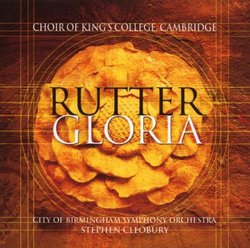 | John Rutter, Stephen Cleobury, City of Birmingham Symphony Orchestra Rutter: Gloria Genre: Classical
Born in London in 1945, John Rutter is well known on both sides of the Atlantic for his choral compositions and as founder of the Cambridge Singers. He has regularly conducted at New York's Carnegie Hall; his "Magnificat" ... more » ![header=[] body=[This CD is available to be requested as disc only.]](/images/attributes/disc.png?v=430e6b0a) ![header=[] body=[This CD is available to be requested with the disc and back insert.]](/images/attributes/disc_back.png?v=430e6b0a) ![header=[] body=[This CD is available to be requested with the disc and front insert.]](/images/attributes/disc_front.png?v=430e6b0a) ![header=[] body=[This CD is available to be requested with the disc, front and back inserts.]](/images/attributes/disc_front_back.png?v=430e6b0a) |
Larger Image |
CD DetailsSynopsis
Amazon.com Born in London in 1945, John Rutter is well known on both sides of the Atlantic for his choral compositions and as founder of the Cambridge Singers. He has regularly conducted at New York's Carnegie Hall; his "Magnificat" was written for performance there, while his "Gloria" was commissioned by a conductor in the Midwest. Tonal, accessible, and beautiful, Rutter's works have a distinctly personal style. Their somewhat archaic flavor is due, in part, to his frequently using fourths as building blocks and having the voices move in thirds (male and female alternating and ultimately converging), and also to his persistent displacement of prosodic accents away from the strong beats. The music literally speaks with the tongues of men and angels, and this seems entirely fitting: it radiates faith, hope, and a spontaneous love for the underlying words. The celestial voices are especially effective in Psalm 150, composed for the Queen's Golden Jubilee at St Paul's Cathedral. Set in English, it interpolates a few Latin lines between the verses, sung by three boy trebles stationed in the dome of King's College Chapel, where the recordings were made. (The Magnificat reverses the procedure, inserting a lovely English poem into the Latin text.) The performances are first-rate. There are many angelic harp solos; the woodwinds and brasses, especially the trumpets, are wonderful and make the "Gloria" truly glorious. The prominent solos for boy sopranos are impeccably in tune, but, except in the Psalm, sound a bit shrill and tight. --Edith Eisler Similarly Requested CDs
|
CD ReviewsRutter Gloria Anne Hathaway | Winston-Salem, NC USA | 11/10/2008 (5 out of 5 stars) "If you love John Rutter Requiem, this is a must for your CD collection. It is inspiring piece of music. It has the same quality as all his pieces of music has. I highly recommend this CD."
|

 Track Listings (11) - Disc #1
Track Listings (11) - Disc #1